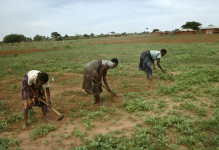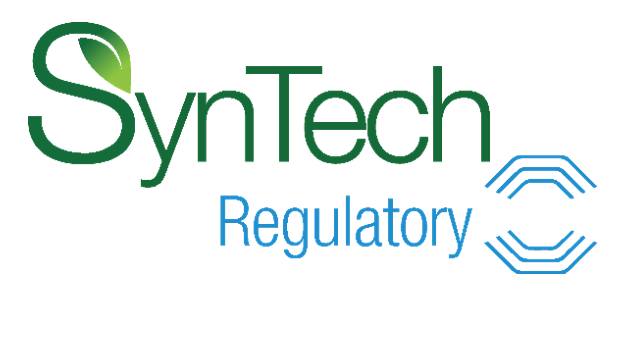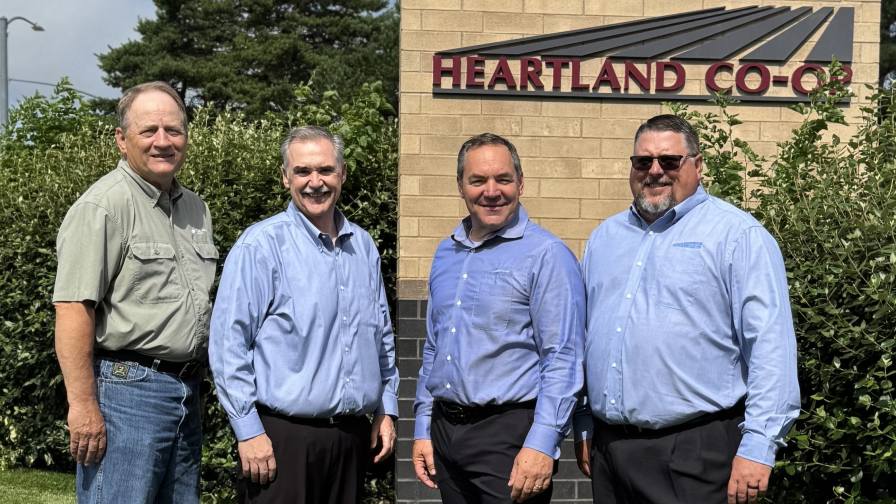Investing in the Private Sector the Way Forward for African Agriculture

MRS. Seynabou Thiam, 45, a Senegalese mother of five, lives in Dakar, the capital of Senegal. Each day, she walks to her local market to buy ingredients, including rice, for her children’s favorite dish, tiébou dienn. But because Senegal is a net importer of rice, the prices are unstable, and Seynabou constantly worries about how she will feed her family. Every day, millions of Senegalese people like Seynabou buy rice, the staple they depend on for food security. Though 2011 is projected to be a record harvest in the country, it will still only account for 60% of domestic demand. This critical shortfall leaves average Senegalese people vulnerable to global price fluctuations and household food insecurity.
The high prices of agricultural commodities like wheat and corn signal a new international food crisis, one that reminds us of the terrible reality of food insecurity that millions of African households confront daily. While the vast majority of Africans live in rural areas, more and more are moving to urban areas. They are no longer growing their own food, but purchasing it on a daily basis. Like Senegal, many African countries are net importers of staple crops, and millions find themselves at the mercy of drastic fluctuations in international agricultural commodity prices.
Increasing Global Food Supply a Key Part of Preserving Stability
Higher agricultural productivity will help reduce Africa’s vulnerability to uncontrollable externalities like the high cost of sea freight, volatile oil prices, poor harvests elsewhere and low levels of international stock. In turn, refusing to prioritize agricultural productivity opens the door for social, economic and political instability not only on the African continent but worldwide. In 2008, numerous countries faced unrest when food commodities reached record prices. Just last fall, Mozambique dealt with serious civil conflict following a 30% spike in the price of bread. Many African countries would surely see similar issues should prices continue to climb. Promoting a strong agricultural sector is not just crucial for the economy but also for sustainable political and social stability, both in Africa and throughout the world.
So we must ask ourselves: how can we stabilize this potentially volatile situation? How can we shift millions of smallholder farmers from their subsistence agriculture mindset to a modern commercial agricultural system? How can farmers in Africa produce surpluses with a lower cost of production in order to supply their local markets and even eventually regional ones?
Investing in Rural Enterprises to Improve Productivity and Food Security for Farmers
To effect a significant and sustainable change and to meet the global demand for more food, African farmers must have access to improved agricultural inputs like seed, fertilizers and crop protection products, services, and new and more lucrative markets. With millions of farmers spread out across a huge area, limited access to inputs, information, transport facilities, credit, etc., is one of the greatest hurdles to an efficient agricultural system.
One solution is the development of a network of input suppliers, called agrodealers, village-level “one-stop-shop” enterprises that allow farmers convenient access to improved inputs and technologies, technical training, market information and output marketing opportunities. Agrodealers play an ever-increasing role in the development of agricultural productivity in Africa. By developing business relationships with smallholder farmers, they work toward a win-win solution in which farmers gain access to the factors of production and markets for their crops. Private agrodealers also offer indispensable advice to smallholder farmers about the use of improved agricultural inputs and techniques. In many countries, such as Kenya, Tanzania, Mali, Ghana and Malawi, demonstration plots and farmer field days organized and even facilitated by agrodealers have been used to boost awareness of agricultural best practices, leading to a sizable increase in productivity. For example, smallholder farmers in the Morogoro region of Tanzania almost doubled their maize yield in only three years thanks to the arrival of agrodealers in their neighborhoods.
In Malawi, agrodealer Dinnah Kapiza knows the value of her business. With four shops, she is able to serve over 2,000 smallholder farmers who previously had little access to the products she sells. “I wanted to become an agrodealer after seeing that most farmers were unable to access farm supplies,” she said. “Now, customers come for help whenever they have questions concerning a crop or crop failure, and I have to explain how it works. They come when the rains fail, or when some pests eat their crops.” From an initial investment of $300, she now sees annual sales that top $190,000.
Agrodealers also participate in value adding activities, such as grain milling, vegetable oil extraction, aggregation, etc., creating jobs and generating wealth for local communities as well as the entire country. Mrs. Kapiza, for instance, provides both storage and transportation services for her customers, freeing them from the farm gate pricing that strangles smallholder profitability.
Promoting rural entrepreneurship and a roadmap to success and stability in Africa is hardly revolutionary. Indeed, the agriculture industry prospered in North America and Europe largely due to the close proximity of a multitude of supporting enterprises such as agricultural cooperatives, machineries dealers, agrodealers, processors and others. These rural enterprises have often been the backbone of strong and vibrant rural communities. The African Green Revolution needs the presence of a similarly strong private sector, operating in a competitive environment, to succeed in providing inputs and services to farmers that result in increased productivity and higher incomes.
Some statistics speak for themselves. While African farmers use roughly 9 kilograms of fertilizer per hectare, their Latin America counterparts use 86, and their Southeast Asian counterparts 142. Improved seed varieties are increasing yields by as much as 80%. At the same time, African farms yield as little as 10% of the global average. It is clear that change is needed. The value of improved inputs is well documented. What we need to change is the delivery system.
The Way Forward
The facts are clear. Projected population growth and the current food crisis are a dangerous mix. For Seynabou Thiam to be able to continue walking to her market in Dakar to buy rice at an affordable and feed her family, the rural agricultural sector must rise to meet the demand. By investing in private sector enterprises such as agrodealer shops, we can achieve two goals. First, we ensure that smallholder farmers have reliable access to improved products and services that increase farm productivity and profitability so they can meet increasing demand. But we also support the creation of a network of rural enterprises that create jobs, disseminate wealth and support vibrant communities. International donors, NGOs and local governments must work together to create a welcoming environment for the real private sector investment in the agricultural sector that will stimulate long-term growth and support rural development.





